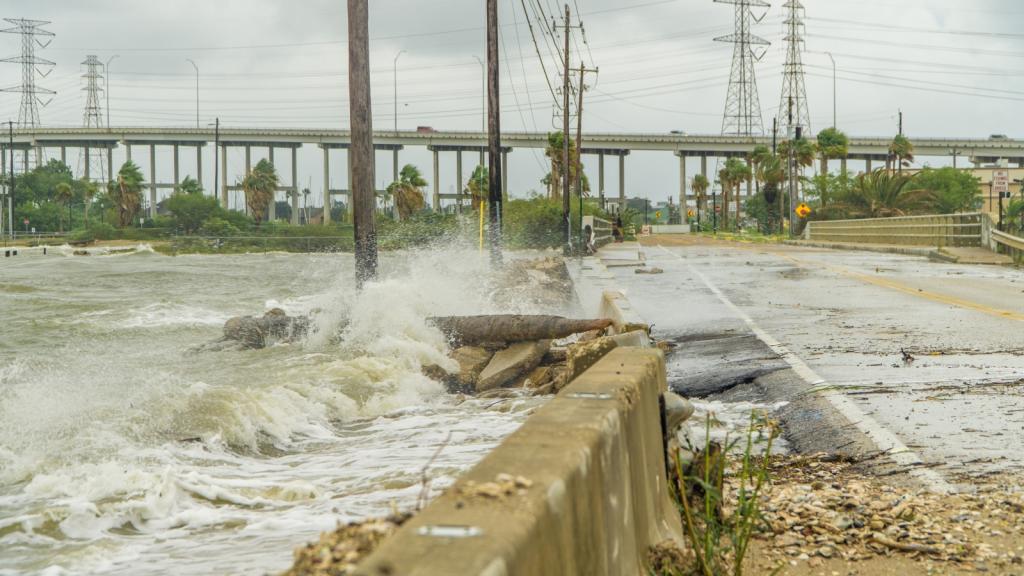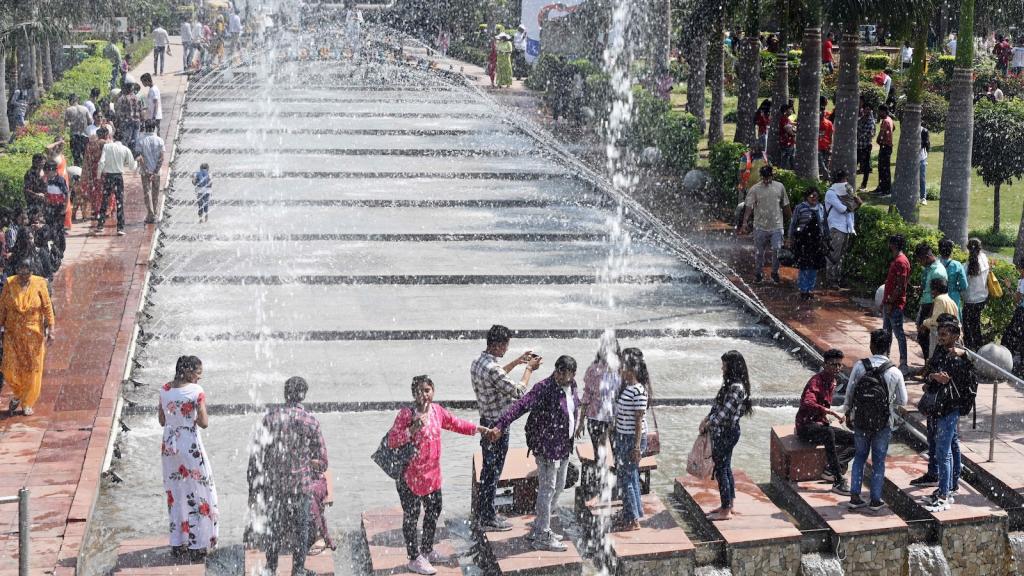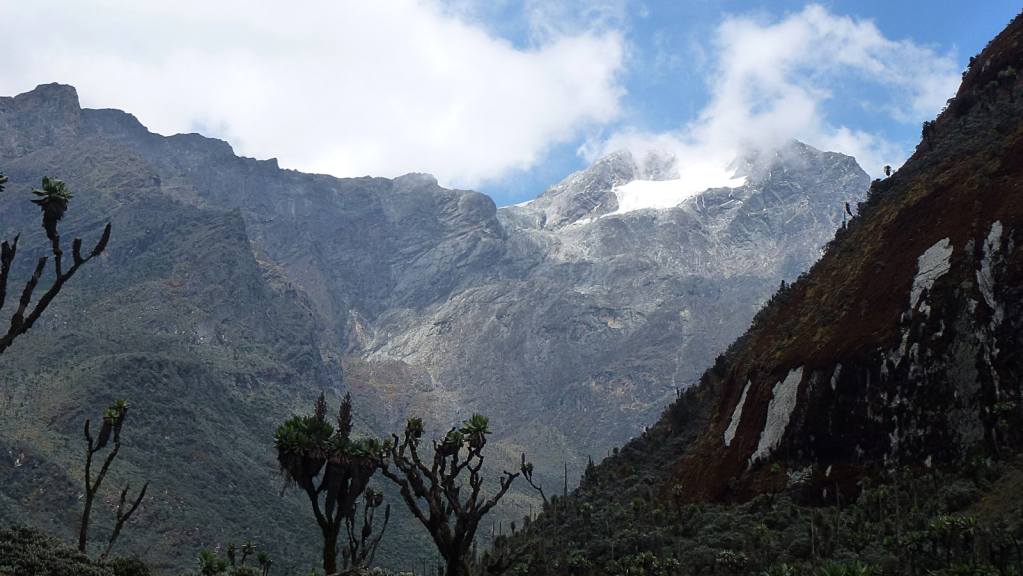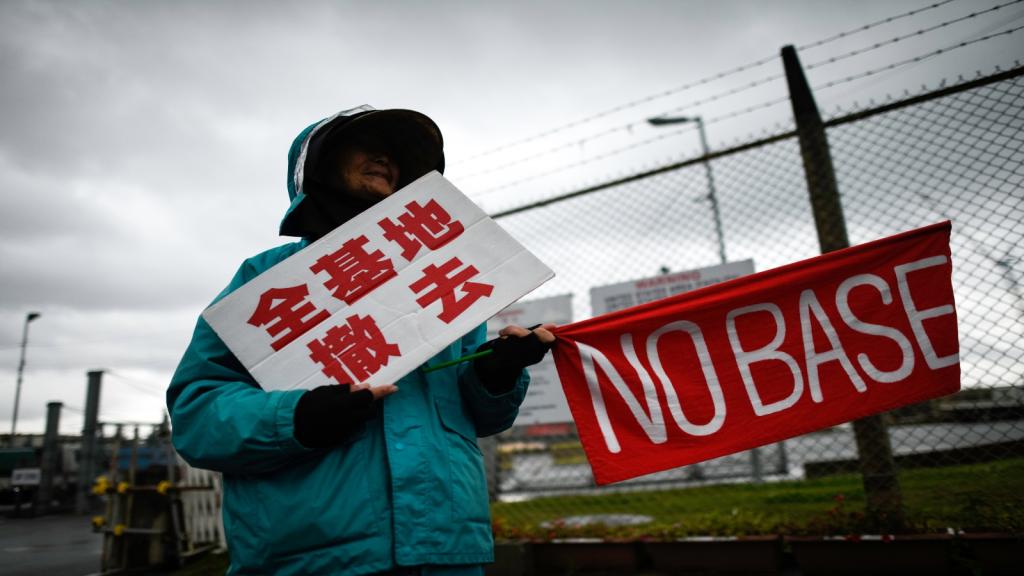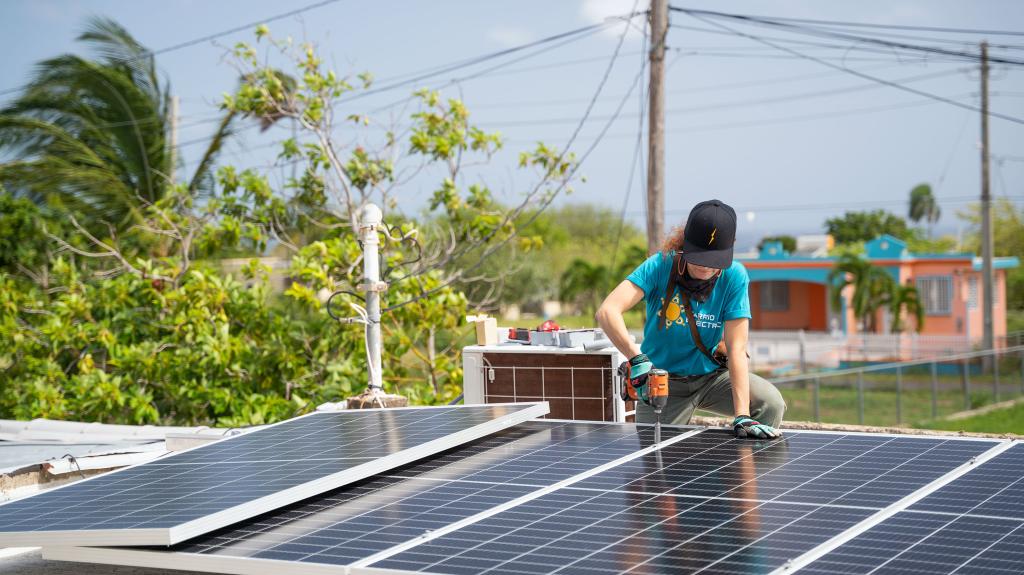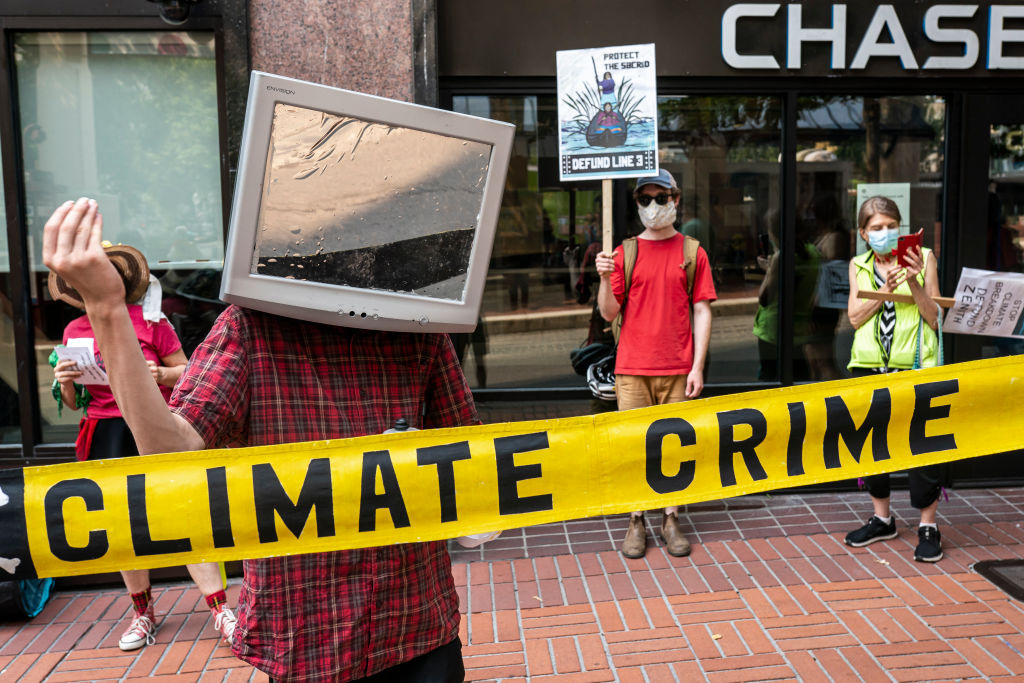Latest Articles
-
Grist leads collaborative reporting desk for UN Permanent Forum on Indigenous Issues
For the second year, Grist is working with ICT and High Country News to cover the Forum, and the group welcomes Mongabay and Native News Online as new participants this year.
-
How a looming El Niño could fuel the spread of infectious disease
The oceanic phenomenon could lead to more pathogen-carrying mosquitoes, bacteria, and toxic algae.
-
The ‘Ike Dike’ is the Army Corps of Engineers’ largest project ever. It may not be big enough.
The $30 billion barrier may fail to block climate-fueled storm surge — and won’t prevent other urban flooding in Houston.
-
Deadly heat threatens the lives and livelihoods of 1 billion people in India
Increasingly severe heat waves will imperil the country's development goals and slow economic growth, new research shows.
-
For Uganda’s vanishing glaciers, time is running out
The loss of the once-sprawling ice fields in the Rwenzori Mountains has profound implications for local communities, uniquely adapted species, and scientists studying the climate record.
-
One of the biggest battery recycling plants in the US is up and running
Ascend Elements’ new recycling plant in Covington, Georgia is processing used lithium-ion batteries and manufacturing scrap into useful materials for the clean energy transition.
-
Indigenous Ryukyuans say it’s time for US military to leave Okinawa
Leaders say PFAS contamination from military bases is threatening Indigenous lives and rights.
-
A common talking point about climate change gets it all wrong, new study says
There’s no solid evidence that framing the global problem as a local one prompts people to act. So what does?
-
What could $1 billion do for Puerto Rico’s energy resilience? Residents have ideas.
As the Department of Energy aims to boost energy reliability in Puerto Rico, local solutions are already doing just that.
-
A new bill in Oregon could target environmental protesters as terrorists
The blue state could become the 20th in the U.S. to enact a so-called critical infrastructure law.


